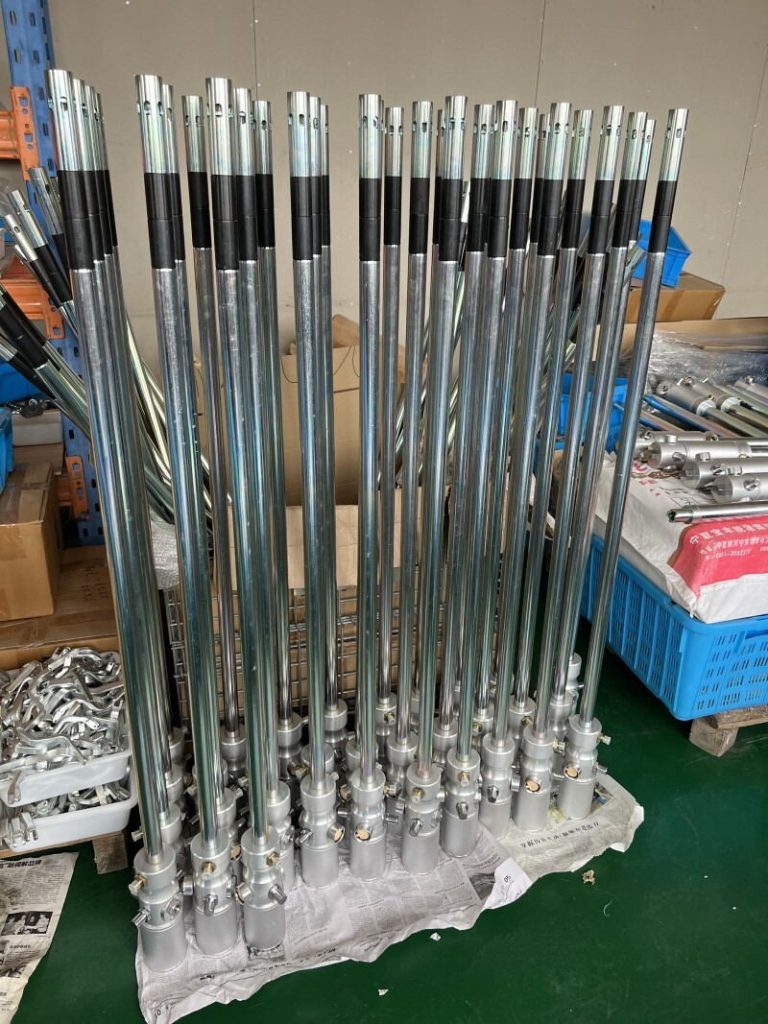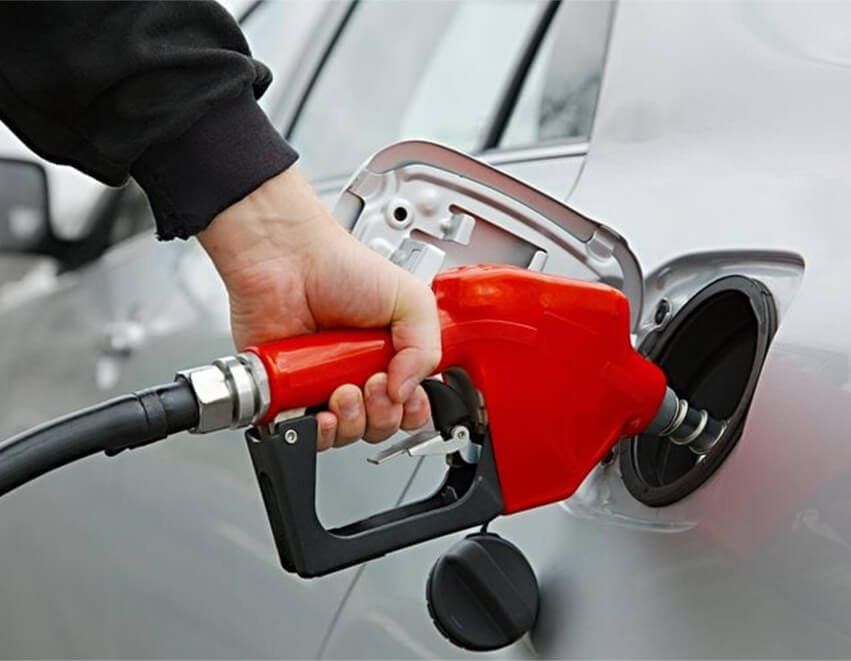When choosing a lubrication pump, you need to choose between a manual lubrication pump and an electric lubrication pump. Manual pumps are simple and reliable, but require more labor; electric pumps automate lubrication, but have higher initial costs.
Keeping machinery properly lubricated is vital for performance and longevity. But when selecting a lube pump, you’ll need to choose between manual lever guns or electric-powered pumps.
Manual pumps are extremely reliable but require more labor
Electric pumps automate lube delivery but have higher upfront costs
Duty cycle, lubricant volumes, and maintenance access impact pump selection
Both manual and electric lube pumps have their place for delivering greases, oils and other industrial lubricants. The right choice depends on your specific equipment, maintenance processes and cost considerations.
What are the key differences and which works best? Let’s compare these two popular options.
When it comes to ruggedness and durability, manual lubrication pumps are hard to beat. Their simple construction with few moving parts allows reliable service for years even in harsh environments. Lever guns from top brands encounter little downtime aside from occasional seal replacements.
Electric pumps offer automated convenience but introduce complexity with electronic controls, sensors and pumping elements that can eventually fail. So, while electric units alleviate manual labor, their reliability lags behind a simple manual pump.
Upfront outlays for electric lube systems are far higher than manual alternatives – sometimes 5X more. This significant capital investment may take years to pay back through reduced labor and downtime. So, electric pumps often only make financial sense with high lube point counts.
Conversely, a manual lubrication pump is an affordable solution even for smaller operations. Beyond the low initial cost, minimal upkeep requirements keep manual equipment very economical overall.
When selecting any lube pump, you’ll need to match its duty cycle and lube delivery capacities to your specific equipment. This includes grease output at certain operating pressures along with features like hose length.
Electric pumps are available in light, medium and heavy-duty configurations with a wide range of pressure ratings and delivery capacities tailored to applications. They’re powered either by central high-pressure systems or self-contained battery/AC units for remote mounting.
Manual lubrication pumps have lower delivery ranges but can maintain adequate lube flow for many points. Hose length and coupler options like flex spouts allow effective access. Just match properties to your lube types, quantities and servicing needs.

Choosing between manual vs electric lube pumps ultimately depends on your maintenance practices. Manual lever guns bring reliability and cost savings but require worker involvement. Electric pumps provide automated convenience through advanced programming but reduce redundancy and add complexity.
Accessibility also plays a key role. Manual pumps allow flexibility for reaching awkward lube points. Evaluate your facility’s layout, production flow and servicing needs when deciding between these two distinct technologies. There’s no universally superior solution across all applications.
Both manual and electric options have their place for delivering lubricants across industrial machinery. Manual lever pumps offer affordable simplicity tailored to lower volume applications. Electric pumps provide automated high-volume delivery but cost more upfront.
In the end, match pump capabilities and infrastructure to your specific equipment reliability targets, labor constraints and cost thresholds. This balances performance with value.For expert guidance selecting top-tier manual or electric lubrication pumps optimized to your needs, connect with engineering specialists at Aocheng Group.




